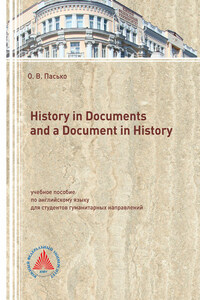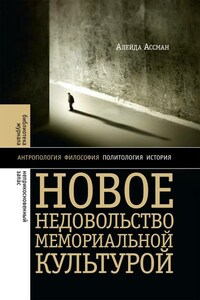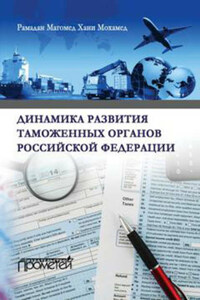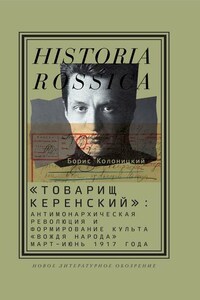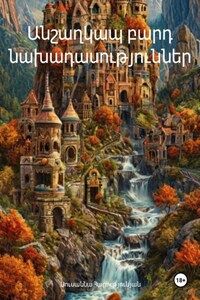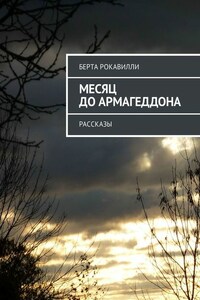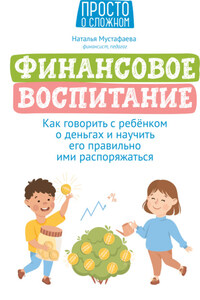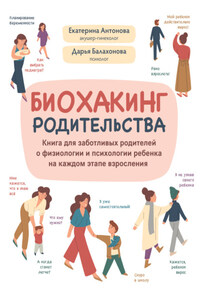Read the text and do the tasks after it.
Historical documents are papers that contain important information about a person, place, or event.
Most famous historical documents are either laws, accounts of battles (often given by the victors or persons sharing their viewpoint), or the exploits of the powerful. Though these documents are of historical interest, they do not detail the daily lives of ordinary people, or the way society functioned. Anthropologists, historians and archeologists generally are more interested in documents that describe the day-to-day lives of ordinary people, indicating what they ate, and their interaction with other members of their households and social groups, and their states of mind. It is this information that allows them to try to understand and describe the way society was functioning at any particular time in history.
Many documents that are produced today, such as personal letters, pictures, contracts, newspapers, and medical records, would be considered valuable historical documents in the future to such people. However most of these will be lost in the future since they are either printed on ordinary paper which has a limited lifespan, or stored in digital formats that will become obsolete fairly soon.
Some companies and government entities are attempting to increase the number of documents that will survive the passage of time, by taking into account the preservation issues, and either printing documents in a manner that would increase the likelihood of them surviving indefinitely, or placing selected documents in time capsules or other special storage environments.
(Abridged from the original texts provided by Britannica Encyclopedia)
2. Answer the following questions:
1) What is a “historical document”?
2) What types of documents are mentioned in the text? Can you think of any more?
3) What details are scientists usually interested in?
4) What do these details help scientists understand?
5) What documents will become valuable in the future?
6) Why will documents be lost?
7) In what way do governments try to store and increase the number of documents?
3. Match the words on the left with their definitions on the right.
4. Fill in the gaps with the words given in the box:
1) Most daily _____________s will not publish anonymous letters to the editor.
2) Historical _____________s describe the young princess as exceedingly tall, thin, and plain, but with a generous nature.
3) You can ask the children to create a different ending to the story or draw different ____________s to illustrate what they have read.
4) All citizens are equal before the _______________.
5) As written _____________s developed, they also used wooden writing boards and wax tablets for work which was not intended to be permanent.
6) Richmond Police are sending warning _____________s to parents of children caught buying or attempting to buy alcohol.
7) When an agreement is reached with the owner, a private _____________ is written and signed.
5. Find out what functions these people do:
